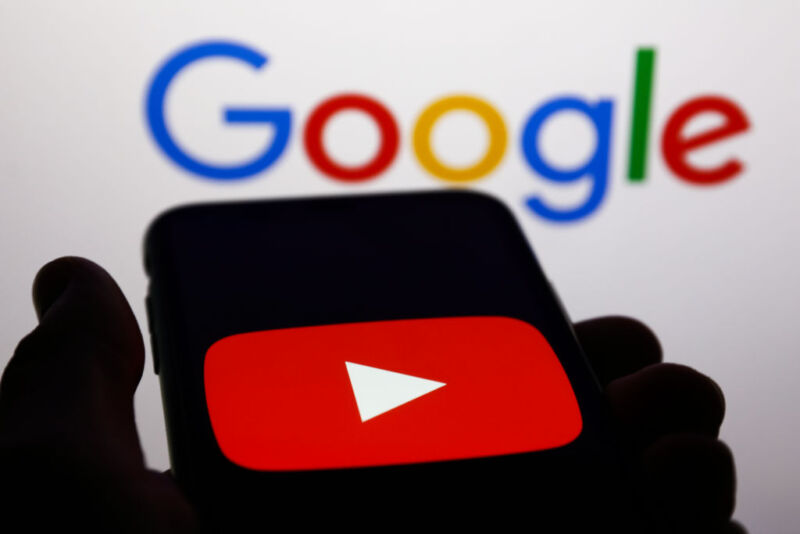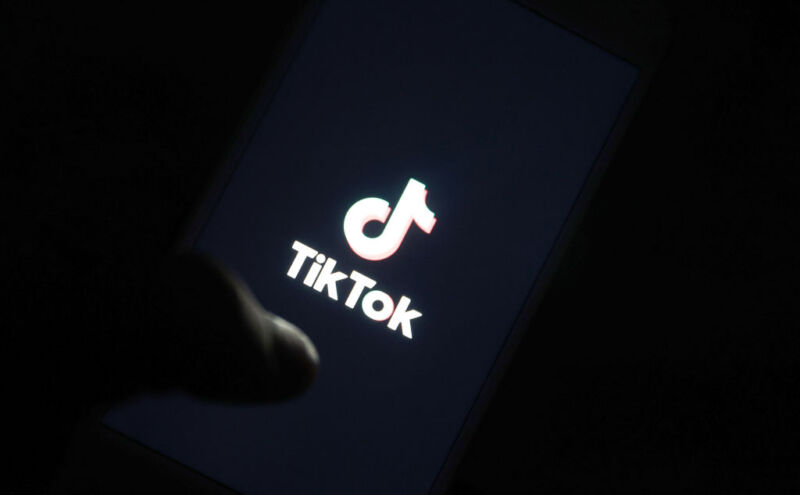-
 chevron_right
chevron_right
Google to SCOTUS: Liability for promoting terrorist videos will ruin the Internet
news.movim.eu / ArsTechnica · Friday, 13 January, 2023 - 20:06

Enlarge (credit: NurPhoto / Contributor | NurPhoto )
For years , YouTube has been accused of enabling terrorist recruitment. This allegedly happens when a user clicks on a terrorist video hosted on the platform, then spirals down a rabbit hole of extremist content automatically queued “up next” through YouTube’s recommendation engine. In 2016, the family of Nohemi Gonzalez—who was killed in a 2015 Paris terrorist attack after extremists allegedly relied on YouTube for recruitment—sued YouTube owner Google, forcing courts to consider YouTube’s alleged role in aiding and abetting terrorists. Google has been defending YouTube ever since. Then, last year, the Supreme Court agreed to hear the case .
Now, the Gonzalez family is hoping that the high court will agree that Section 230 protections designed to shield websites from liabilities for hosting third-party content shouldn’t be extended to also protect platforms’ right to recommend harmful content.
Google thinks that’s exactly how the liability shield should work, though. Yesterday, in a court filing , Google argued that Section 230 protects YouTube’s recommendation engine as a legitimate tool “meant to facilitate the communication and content of others.”



